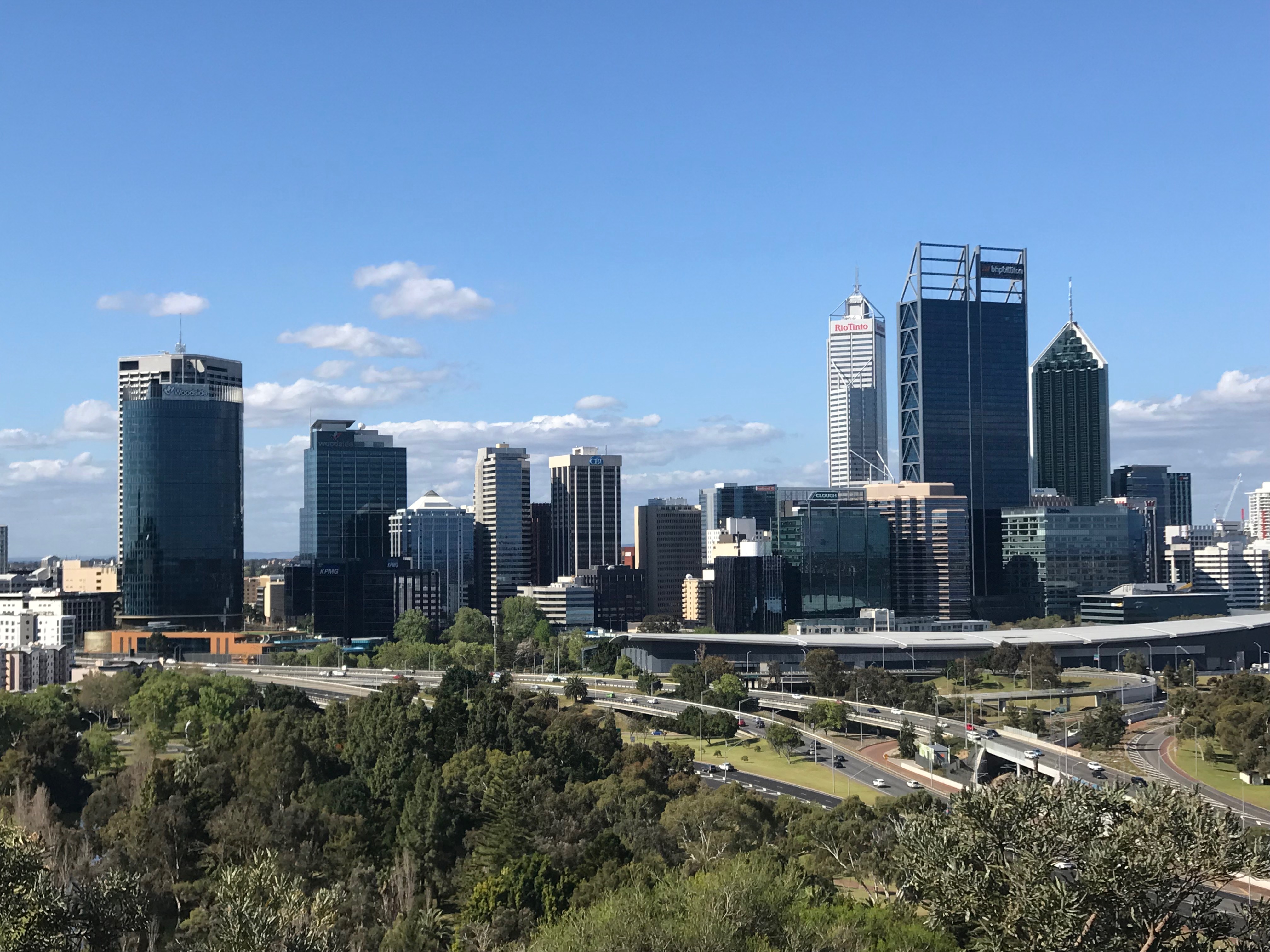Western Australian Auditor General exposes holes in GovNext business case

Western Australian Auditor General Caroline Spencer has taken the state's GovNext-ICT program to task, finding flaws in its business case and execution in a report [PDF] released on Thursday.
GovNext was previously touted as a way to digitally transform the government of Western Australia, and remove any ownership of IT infrastructure.
The program was originally slated to save between AU$29 million and AU$82 million annually, but the report found that only AU$3.9 million had been spent in total by April 2018, with almost half of that spent on plain old telephony, and almost nil on cloud services.
The Auditor General found the Office of the Government Chief Information Officer (OGCIO) -- which has subsequently become part of the Department of Premier and Cabinet as the Office of Digital Government -- had originally used the least expensive quote it received and extrapolated to come up with its AU$7 million in savings for cloud, and AU$27 million for network services.
"This created an unrealistic view of potential savings," the report said.
When recalculated in the report, the savings for cloud were reduced by 88 percent down to AU$0.9 million, and by 56 percent to AU$12 million for network.
"GovNext can deliver savings to government, but will not deliver the savings originally anticipated in the business case," the report said.
It was also found that agencies were able to negotiate better deals with vendors than what GovNext could provide. For instance, one agency in remote areas was able to save AU$166,000 a year in network costs that represented a 60 percent saving compared to the GovNext quote.
"We found agencies using GovNext have been quoted, and are paying, prices between 39 percent and 156 percent higher than the initial quotations used to generate the estimates," the report said. "None of the agencies we had information for were paying prices as low as those used in the business case."
Similarly, the standard terms in GovNext allowed network service providers to take 30 days to restore service, while a trio of agencies were identified as having next-day restoration in their existing contracts.
"Agencies are reluctant to take on the risk presented by longer restoration times, as this may impact the speed and quality of services they deliver to the public or other entities," the report said.
It was also found by the Auditor General that the Government Service Broker (GSB), the understaffed part of OGCIO responsible for handling and supporting GovNext while managing the vendors contracts and validation, was neglecting other benefits to focus on cost savings.
At the same time, GSB did not make vendors complete six-month pricing reviews, and agencies believed GSB did not understand their operation and needs. GSB said it will start the pricing reviews this quarter.
Impacting the uptake of GovNext, the report pointed out that agencies needed to pay a levy until network vendors could recoup their investments.
"Agencies that use GovNext Network services are required to pay a monthly levy of AU$20.45 per FTE [full-time employee]. This levy places an additional cost on early adopters and will be in place for longer if agencies do not join the program," the report said.
"We looked at ICT spend and staff details for three small and one large agency. The levy varied from AU$21,000 to AU$770,000 per month. This represented 1 percent to 3 percent of the small agencies' current ICT spend, and 10 percent of the larger agency's spend."
In response, the WA Department of Premier and Cabinet said GovNext has been repositioned in the shift out of the Department of Finance, and now responds to and resolves agency concerns.
"This contrasts with previous perceptions of the former OGCIO, which (to a greater or lesser extent) was viewed by agencies as driving a very firm agenda of implementation, without full regard to their day-to-day operational concerns. This approach has arguably resulted in a culture of resistance to GovNext ICT across some parts of government," the Department of Premier and Cabinet said.
The department also said there is little doubt that the projected AU$65 million in savings over three years will not be achieved.
Related Coverage
WA government signs NEC, Datacom, Atos for GovNext-ICT program
The Western Australian government has signed the three tech players as suppliers of IT infrastructure in a bid to reduce annual IT costs by up to AU$80 million.
WA shifts government CIO position to Premier's department
The Office of the Government Chief Information Officer will be shifted into the Department of Premier and Cabinet from July 1.
WA's grand plan to rid government of IT ownership
With money tight thanks to the end of the mining boom, the end-goal of the government of Western Australia's GovNext-ICT initiative is to rid the state of any IT infrastructure ownership.
WA Auditor General calls out agencies for poor infosec practices
'Password123' is still being used to secure government employee accounts.
How to take digital transformation from buzzword to reality in your organization (TechRepublic)
At VMworld 2018, VMware CIO Bask Iyer explained how certain companies can strategize for innovation across the organization.
